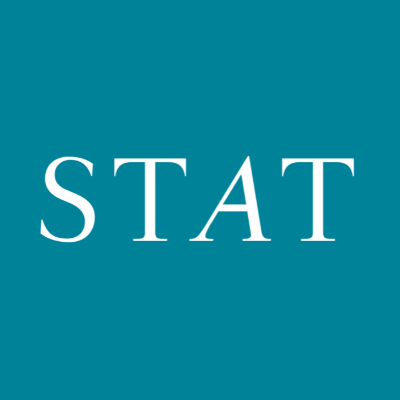 Stat (News) Article Rating
Stat (News) Article RatingAt meeting on guardrails for gene editing of human embryos, some call for a dead end
- Bias Rating
- Reliability
65% ReliableAverage
- Policy Leaning
4% Center
- Politician Portrayal
6% Positive
Continue For Free
Create your free account to see the in-depth bias analytics and more.
By creating an account, you agree to our Terms and Privacy Policy, and subscribe to email updates.
Bias Score Analysis
The A.I. bias rating includes policy and politician portrayal leanings based on the author’s tone found in the article using machine learning. Bias scores are on a scale of -100% to 100% with higher negative scores being more liberal and higher positive scores being more conservative, and 0% being neutral.
Sentiments
11% Positive
- Liberal
- Conservative
| Sentence | Sentiment | Bias |
|---|---|---|
Unlock this feature by upgrading to the Pro plan. | ||
Reliability Score Analysis
Policy Leaning Analysis
Politician Portrayal Analysis
Bias Meter
Extremely
Liberal
Very
Liberal
Moderately
Liberal
Somewhat Liberal
Center
Somewhat Conservative
Moderately
Conservative
Very
Conservative
Extremely
Conservative
-100%
Liberal
100%
Conservative

Contributing sentiments towards policy:
54% : Congressman Robert Aderholt, a Republican from Alabama, first introduced that ban in 2015.52% : Aderholt did not take any questions but described statements made by the National Academies, the Royal Society, and the World Health Organization as normalizing the pathways for heritable genome engineering.
51% : In May, it will be convening a three-day event in Boston that's open to the public and will take a human-first, rather than a technology-centric approach to trying to answer the question of "should we?" Wednesday's meeting, with its focus on envisioning guardrails for the technology and mechanisms for robust public dialogue regarding its potential future use, felt far removed from the political and economic realities of the present.
46% : Despite the National Institutes of Health's main campus being located less than 10 miles away, the cascading cuts to jobs and grants and training programs that for the last two months have been roiling the NIH -- the world's largest public funder of biomedical research -- earned barely more than a glancing mention.
*Our bias meter rating uses data science including sentiment analysis, machine learning and our proprietary algorithm for determining biases in news articles. Bias scores are on a scale of -100% to 100% with higher negative scores being more liberal and higher positive scores being more conservative, and 0% being neutral. The rating is an independent analysis and is not affiliated nor sponsored by the news source or any other organization.























